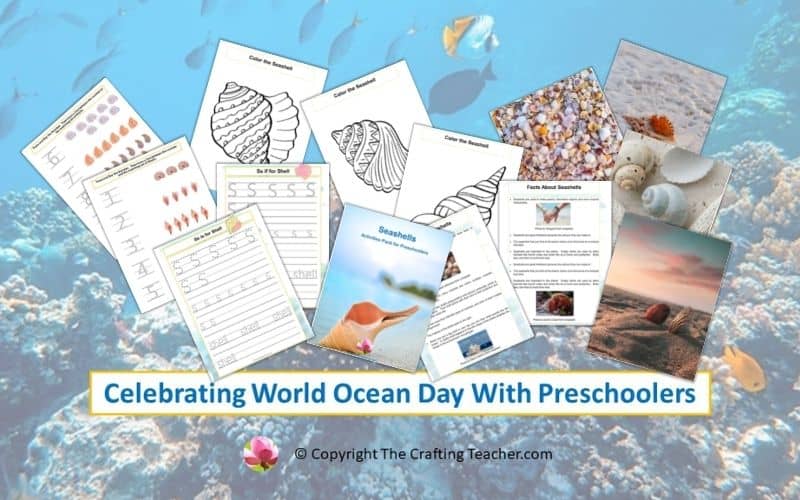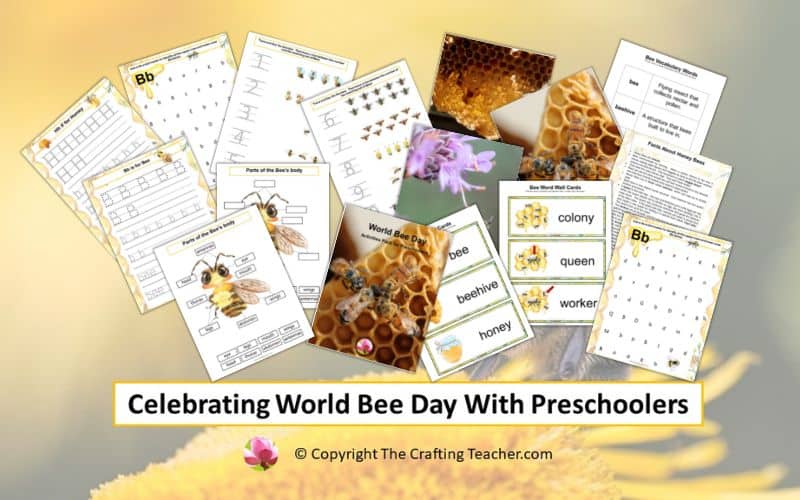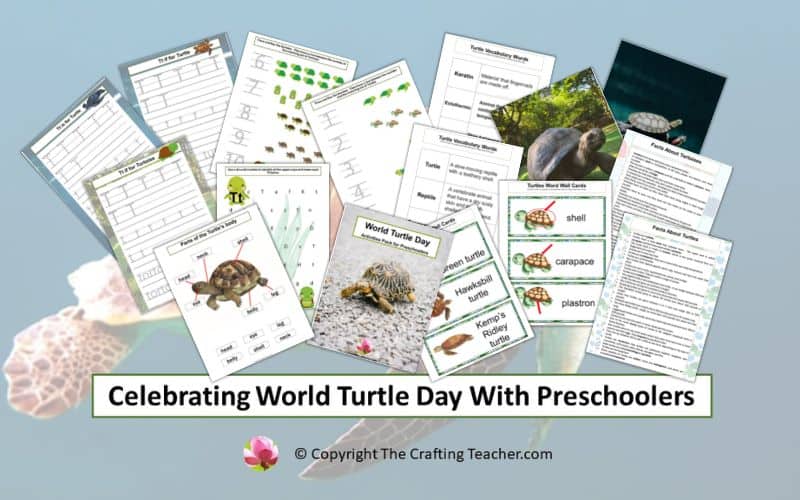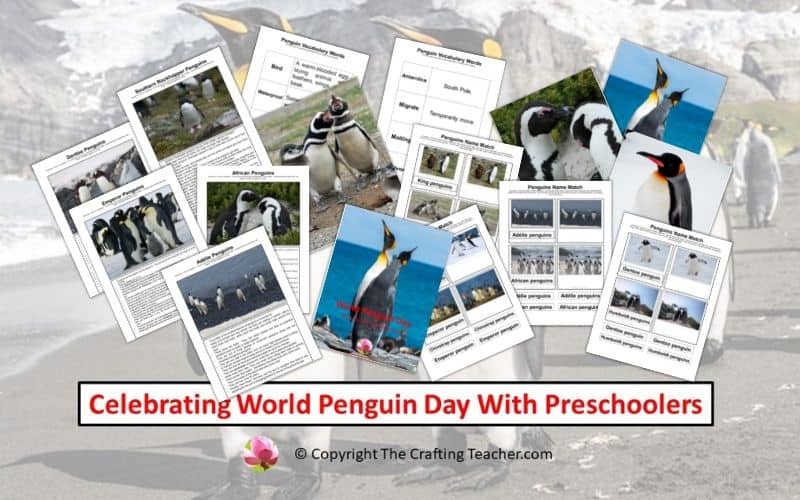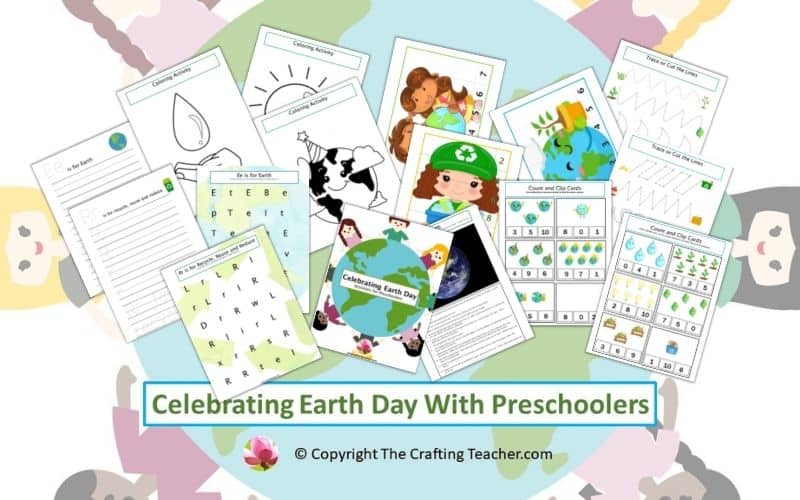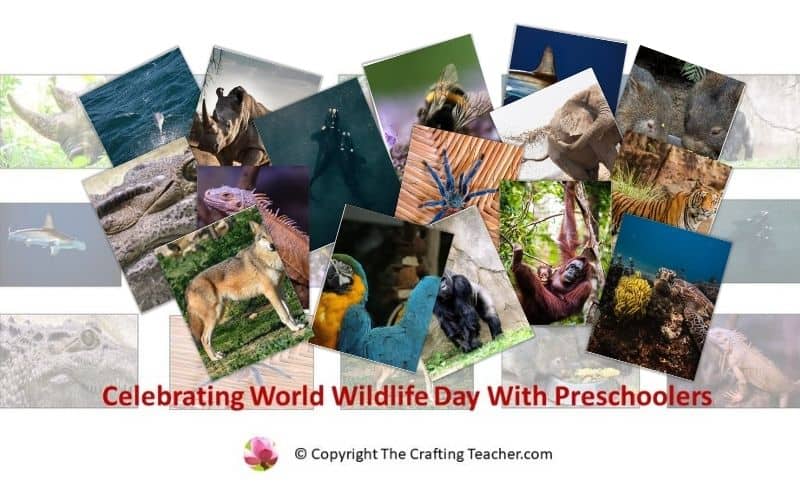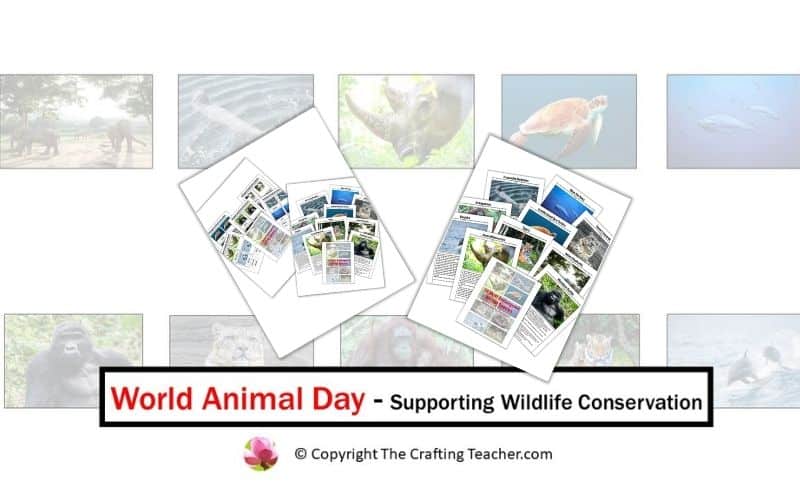Celebrating World Ocean Day With Preschoolers
Affiliate Disclosure: “This post contains affiliate links, which means I receive a small commission, at no extra cost to you, if you purchase using those links.”
World Ocean Day is celebrated every year on June 8th, to create global awareness of the vast importance of our ocean, and its role in the survival of this planet.
Most of our planet, in fact, 70%, is covered by the ocean. The ocean is Earth’s lungs, its life source, and the sustenance for every life form. The ocean homes most of the earth’s biodiversity provides food to millions of people worldwide produces 50% of the oxygen we breathe, and it’s the source of employment for millions of people.
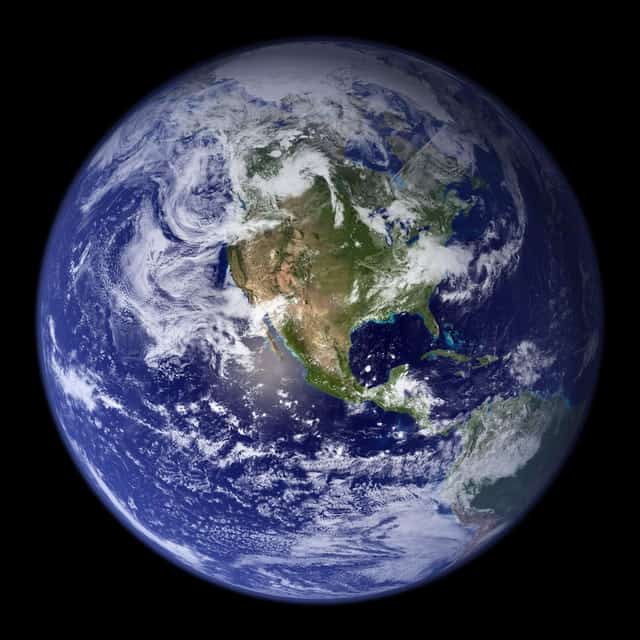
In other words, if the ocean dies, so will we and every life form on this planet. Yet, we humans tend to look to the other side and don’t pay attention to what we are causing. Millions of us think: “That’s not my problem. I’m getting what I need”, but my question to you is: “What about the future generations? Is that the legacy we want to leave?
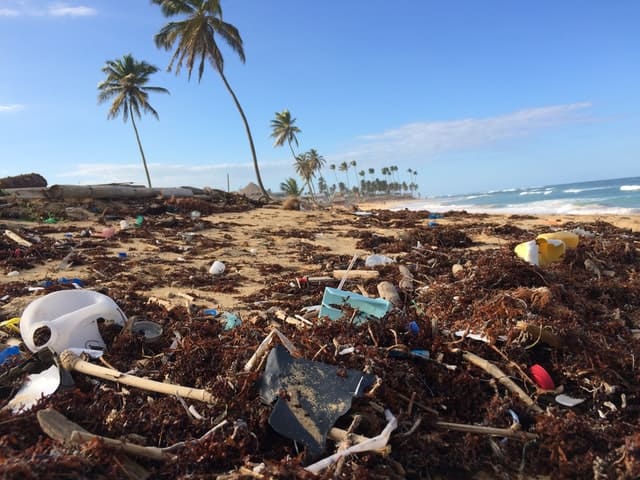
We have to open our eyes and as teachers and parents of preschoolers, we not only have the opportunity but also the responsibility to teach them what is happening. Right now, we have depleted 90% of big fish populations and destroyed 50% of coral reefs. We must teach our children (and ourselves) that we need to protect and preserve our ocean and all the lives that live in it. If we get together with our families, friends, community, and millions of other people globally, our children and all future generations will have a chance to survive, because we can teach them how to change our ways and stop causing the damage that we are causing, and become advocates to protect and restore our ocean.
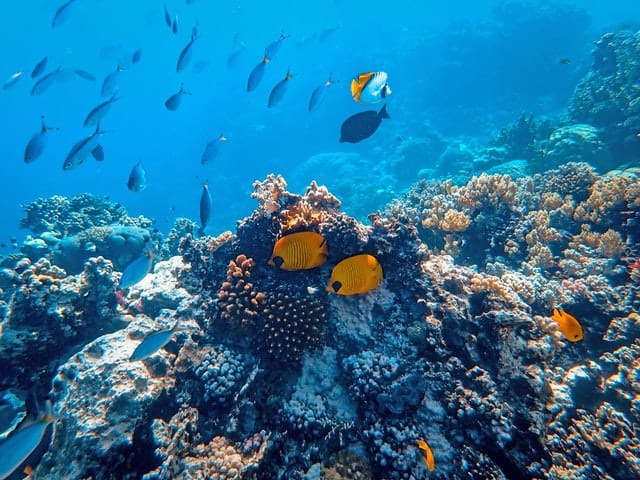
History of World Ocean Day
In 1992 the Canadian Government represented by Canada’s International Center for Ocean Development and the Ocean Institute of Canada proposed this idea at the Earth Summit in Rio de Janeiro.
Since 2002, the World Ocean Network, which has more than 2000 organizations worldwide, is working hard to make sure that the ocean is protected from the damages caused by human actions.
Finally, in 2008 the United Nations passed a resolution during its General Assembly, to designate June 8th as World Ocean Day.
World Ocean Day 2022 Theme
This year the theme selected for World Ocean Day is Revitalization: Collective Action for the Ocean. The purpose of the United Nations is “to bring awareness to the importance of our oceans and the threats they face”, hoping to encourage organizations and people around the globe to get together to protect the ocean and all the marine resources that are so important to all of us.
Facts About World Ocean Day for Preschoolers
Talking to our children about World Ocean Day is just a start. For them to be able to understand the magnitude of the importance of the ocean for our survival, you have to share with them important facts and do hands-on activities, but, most importantly, commit to talking to them about how to preserve and protect the planet, its ocean, its ecosystems and everything in it, every day. These are some of the most important facts about why World Ocean Day exists:
- The ocean produces 50% of the oxygen every life form (people, animals, and plants) on the planet breaths.
- The ocean reduces global warming and changes in the climate.
- It provides the largest amount of protein (meat) for millions of people worldwide.
- 70% of Earth is covered by the ocean.
- There are more than 200,000 known species in the ocean, and scientists believe that there are millions more to be discovered.
- Hundreds of those species are endangered and many are already extinct.
- 90% of big fish populations are depleted, and 50% of coral reefs are destroyed.
- 13,000,000 tone of plastic end up in the ocean every year, and it’s been predicted that by 2050 it will be more plastic than fish in the ocean.
- Plastic causes the death of more than 100,000 marine wildlife every year.
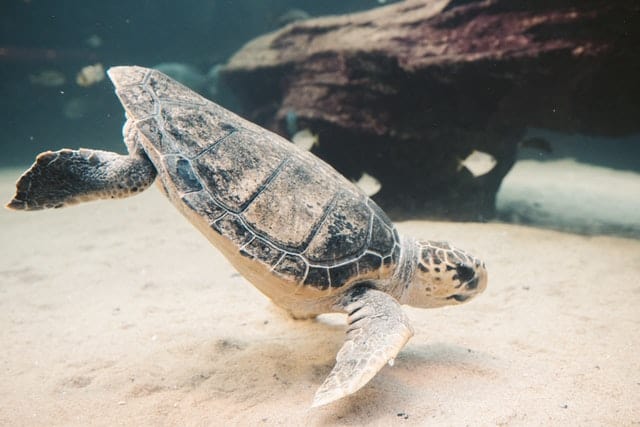
Celebrating World Ocean Day Activities for Preschoolers
As I have said several times before, children are the future advocates and protectors of our planet if we do our job right. It doesn’t matter that they are small now. We can still imprint in them the knowledge of everything we are doing to damage the planet and the love for everything in it, to encourage them to be the changing force that will hopefully make a difference in the future. These are some activities that you can do with your kiddos to celebrate World Ocean Day:
1. Start by Not Using Plastic
Plastics are one of the biggest threats to ocean health. Marine animals are killed by plastic getting tangled up in them, but also plastic breaks down into microplastics that are consumed by those animals and end up in our stomachs when they enter the food chain. Start teaching your students to recycle and eliminate from their lives and everywhere they go any type of single-use plastic, such as straws, bags, and cups.
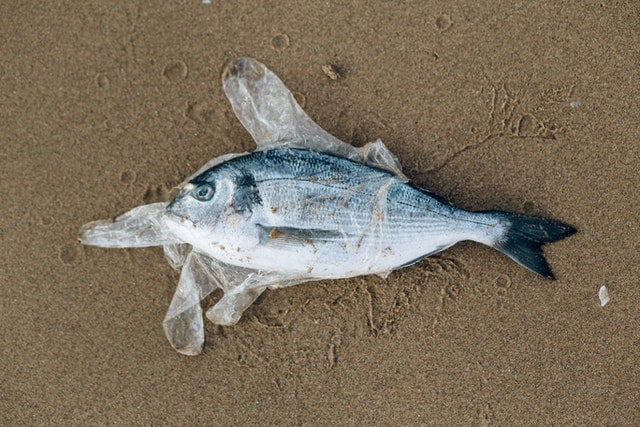
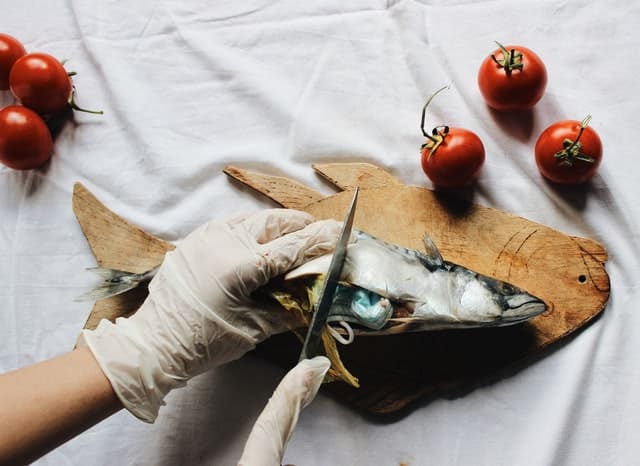
2. Promote a Clean-Up Campaign
Plastics can travel hundreds of miles before they go into the ocean. No matter if you chose to do your clean-up campaign in your center, your neighborhood, rivers, streams, or ocean, it will make a huge positive impact on the environment and your children’s conscience, since it will help them (and their parents) understand how much garbage ends up in the ocean, through the different water sources that end up bringing pollution to the ocean and all marine life.
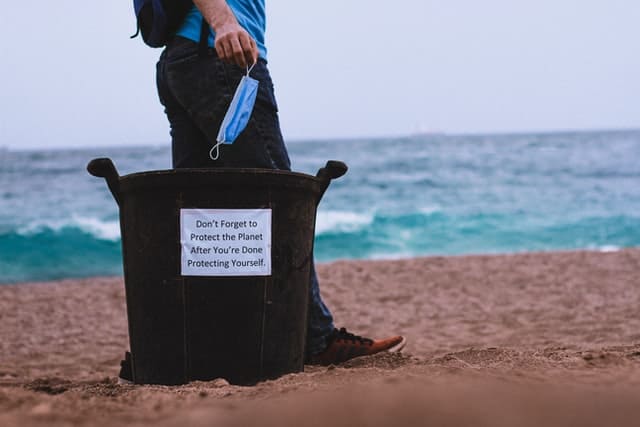
3. Show Them an Ocean Film and Invite Your Families to Watch Others
Knowledge is power, and it is important to keep your children, their families, and everybody you know informed about ocean conservation, and how to become better supporters of ocean conservation.
Many documentaries are excellent and informative about ocean wildlife and conservation issues. Some of my favorites are Our Planet: Coastal Seas, Disneynature: Oceans, A Plastic Ocean, Sharkwater, Mission Blue, The Blue Planet, and My Octopus Teacher.
4. Participate in a World Ocean Day Local Event
Since this is a worldwide effort, there are hundreds of events planned everywhere on the planet. Visit the World Ocean Day’s website to find out what events are going on in your city, inform your families, and participate. These events range from hands-on exhibits to film festivals and everything in between. They are fun and very educational and can encourage your students to protect our ocean, creating a “snowball” effect that could involve future generations.
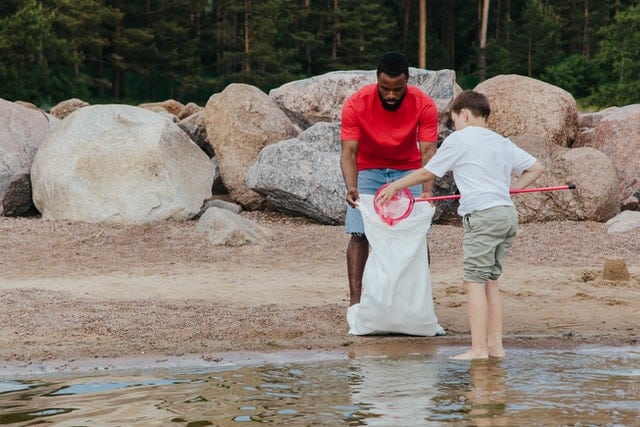
5. Consume Less Ocean Food
I have to confess that I love shrimp. It’s my favorite food, but I limit myself to consuming it a few times in the year only, as a way to put my “sand grain” in the fight to protect the planet. You and your students can make a difference too. At least for this day don’t consume any type of meat, and teach your children and their families how to be ocean defenders avoid the overconsumption of any type of meat, and learn which fish are the most eco-friendly by providing them with the information found on this website, and the guide to sustainable seafood choices.
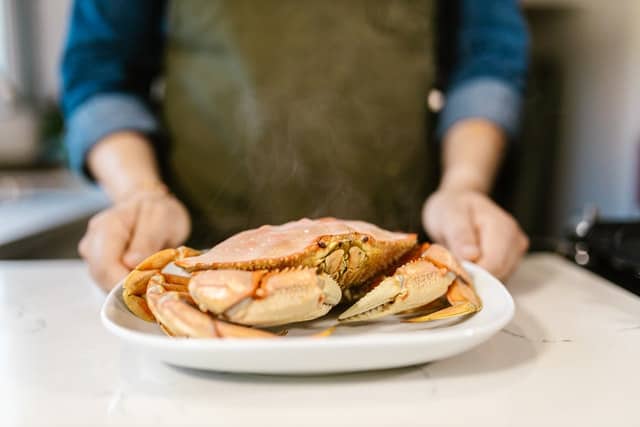
6. Explore the Ocean
Children must create a connection with the ocean, and one excellent way to accomplish this is by showing them images that will show them things that might not be able to see by just going to the beach. Google has an amazing collection of these images in an incredible feature called Google Ocean that you can use.
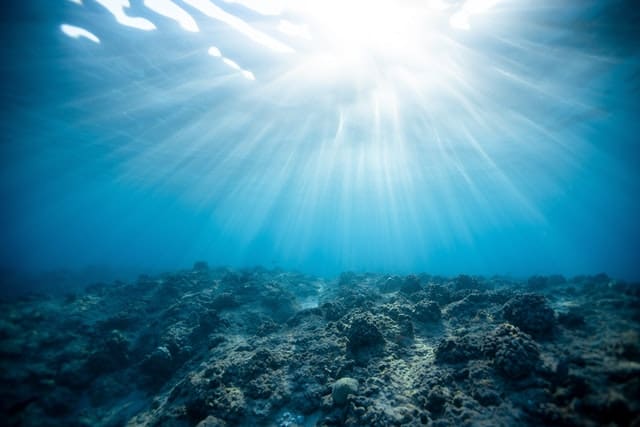
7. Go on a Field Trip to Your Local Aquarium
How don’t love to go on field trips, especially when you are a kid, right? Going to your local aquarium with your children will give you the opportunity to show them an incredible collection of marine life, talk about these species and encourage your preschoolers to love and protect them.
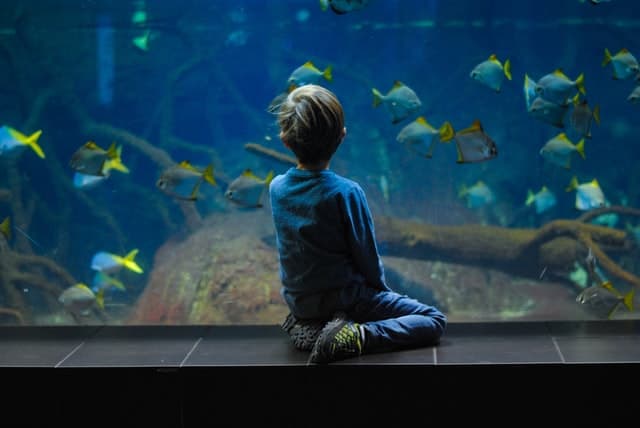
8. Get Everybody Involved
Start a school or community conservation project by encouraging your students and their families to join an Ocean Guardian Program, where you can submit ocean-themed stories, poetry, artwork, science projects, terrariums, or any other project created by your students and their families.
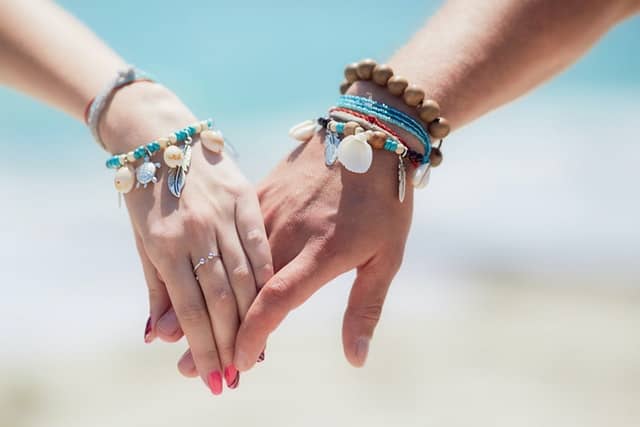
9. Have a Family Field Day at the Beach
A great way to celebrate World Ocean Day is to invite your families to a field day at your local beach. If you don’t have a beach in your city, maybe you have a river or a lake instead and use the opportunity to let your preschoolers explore their surroundings while you teach them how to care for and protect their ecosystem. You can even use the day to clean up the area, collecting garbage.
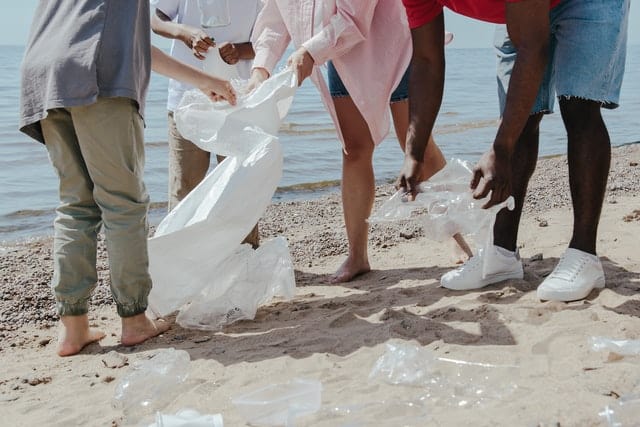
10. Present an Ocean-themed Collage Exhibition
Provide your students with multiple materials and large pieces of construction paper or cardstock, and invite them to create artwork using any material they want. Then place them on the walls as an exhibition, and invite your families to come and see them.
11. Do Different Activities with Seashells.
Shells are gifts from the ocean that are very familiar to the children. There are multiple shapes, colors, and sizes, and you can use them for multiple activities. Some of them are:
- Counting shells.
- Divide shells by colors, sizes, or shapes.
- Write different letters or numbers on top of shells using a permanent marker, and have children take one say the name of the letter or number, and copy it on paper.
- Pick a shell with a letter, say its sound, and/or a word that starts with that letter.
- Match the number on a shell with magnetic numbers or small manipulatives such as buttons, mini pom-poms, mini fish, mini erasers, etc.
- Prepare your sensory table with sand, blue-tinted rice or blue gelatin, shells, pails, small shovels, plastic fish, a small container with water, blue water beads, or blue jewels, and have the children create mini castles and “fish”.
I’ve created a 17-page FREE Seashells pack that includes literacy, math, science, and fine motor activities, which you can download at the end of this post.
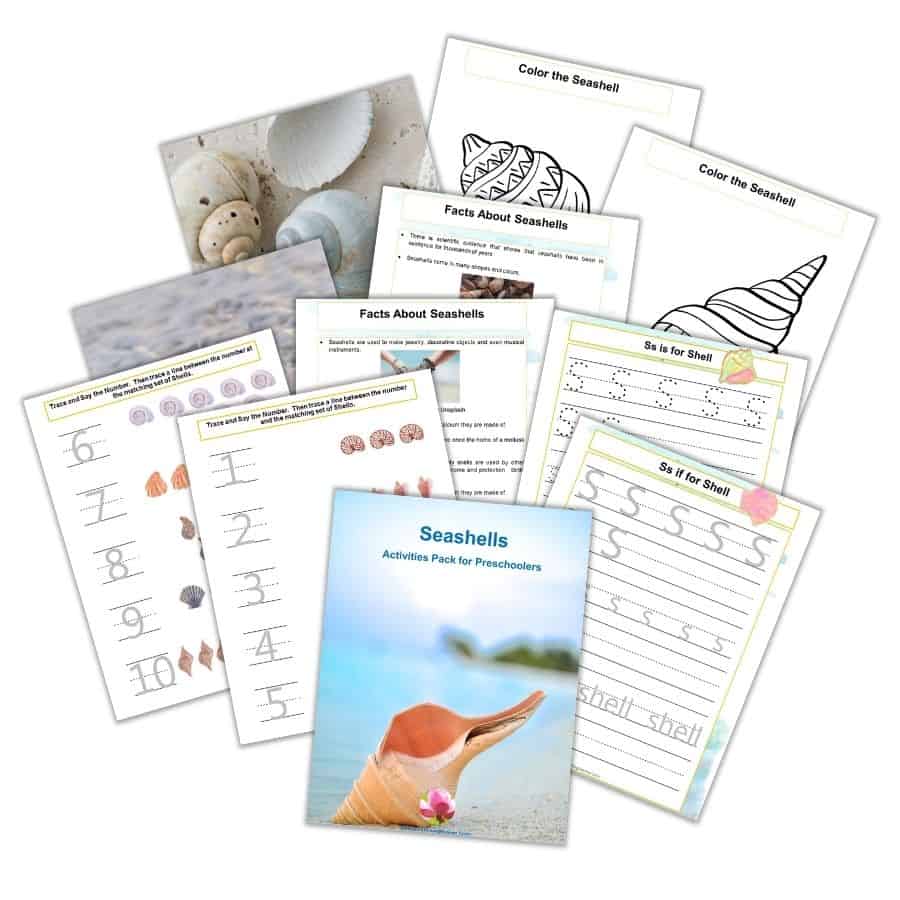
12. Read Ocean-related Stories
Help your children immerse in the deep waters of the ocean with these beautiful stories, that will help them understand it’s deep and inhabitants a little better, and encourage their love for them.
















The last one, Hello Ocean by Pam Muñoz Ryan, is one of my favorite books. It has beautiful realistic illustrations, and simple text that can be easily understood. Below is a reading-aloud video for that particular book.
13. Do Ocean Experiments
I came across two great experiments. The first one is a Salt Water Density Experiment which is great for preschoolers to understand how salt water is different from freshwater. The second one is about called Salt Water and Waves to help kiddos understand that the ocean water is salty, and how waves happen. Both are super interesting and simple enough for them to understand.
Pin It For Later
If you are in a rush and don’t have time to read the post and download the printable but want to save it for later, pin this to one of your boards on Pinterest.
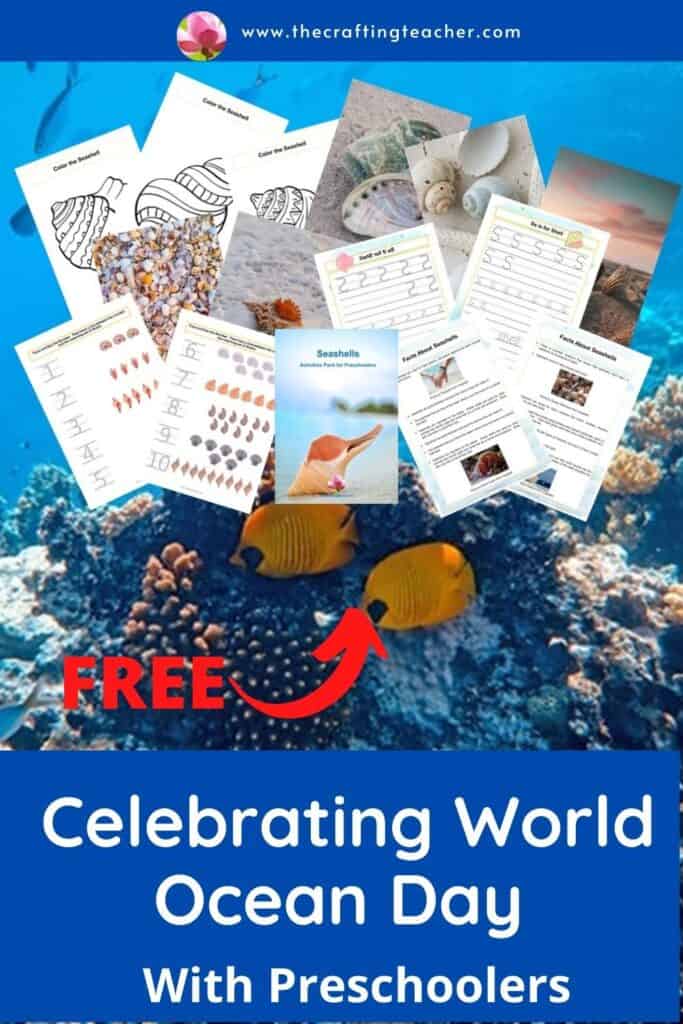
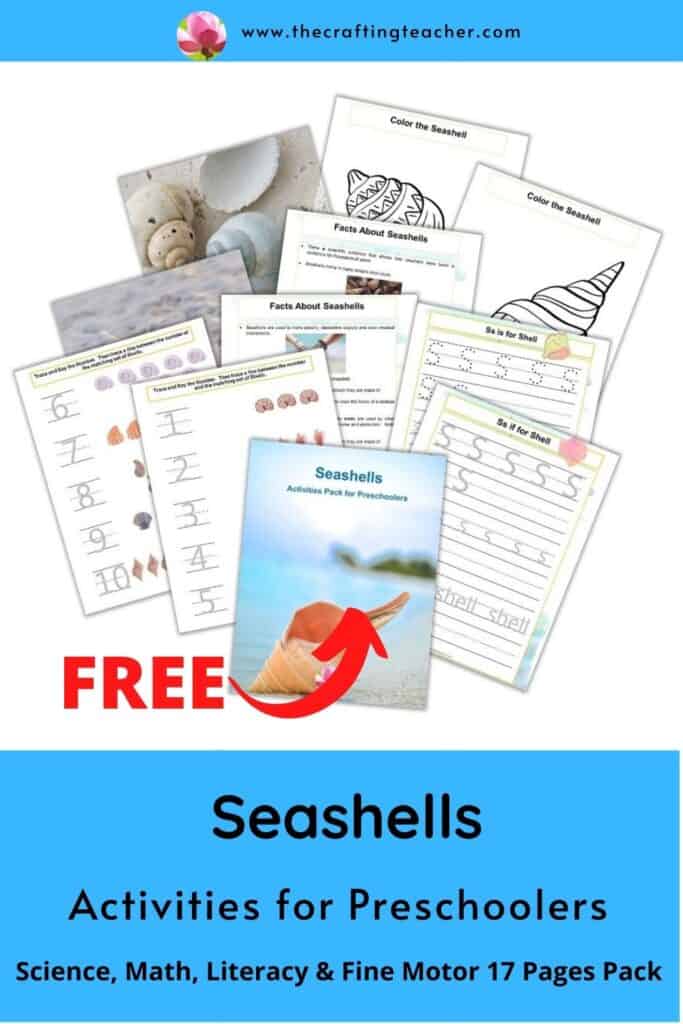
Don’t forget to grab your FREE Seashells activities pack below. Just type your email for an immediate download. It will subscribe you to my weekly newsletter, where you are going to receive freebies every time.
Celebrating World Ocean Day with your preschoolers, using these activities and any other that you can come up with will be tons of fun but also an incredibly rich opportunity to learn about the Ocean, its importance, and its treasures. I hope you enjoy them and that your kiddos learn to love the planet’s life source and become its protectors and advocates for the rest of their lives.
Be happy, safe, and creative. I wish you well.
Love,

P.S. Please let me know if these suggestions and printable work for you, and if you would like to see an article or a printable about how to make something specific, please let me know and I will try my best to create it for you. My goal is to help you in any way I can and I don’t like anything better than to post something that you might find useful.

